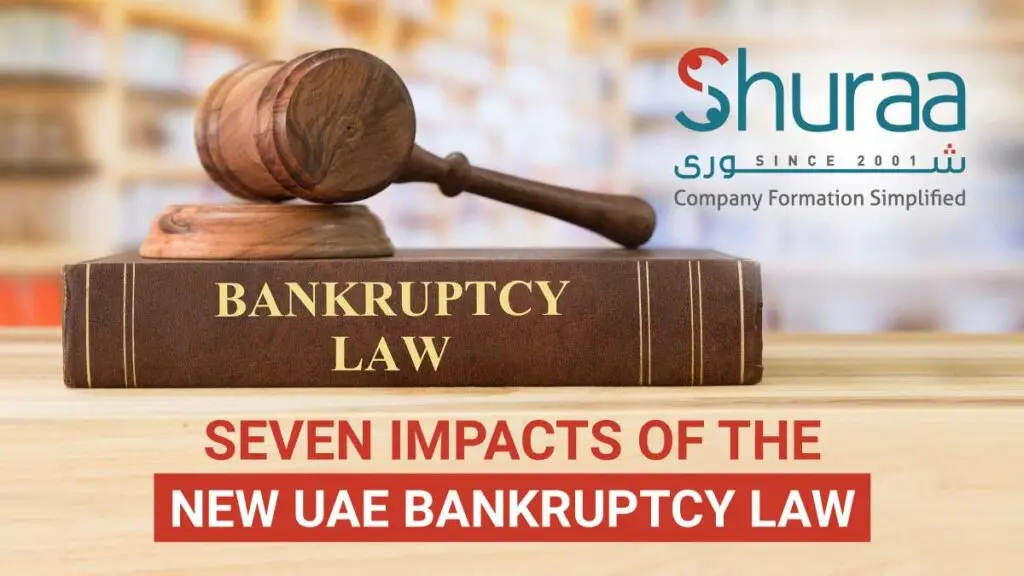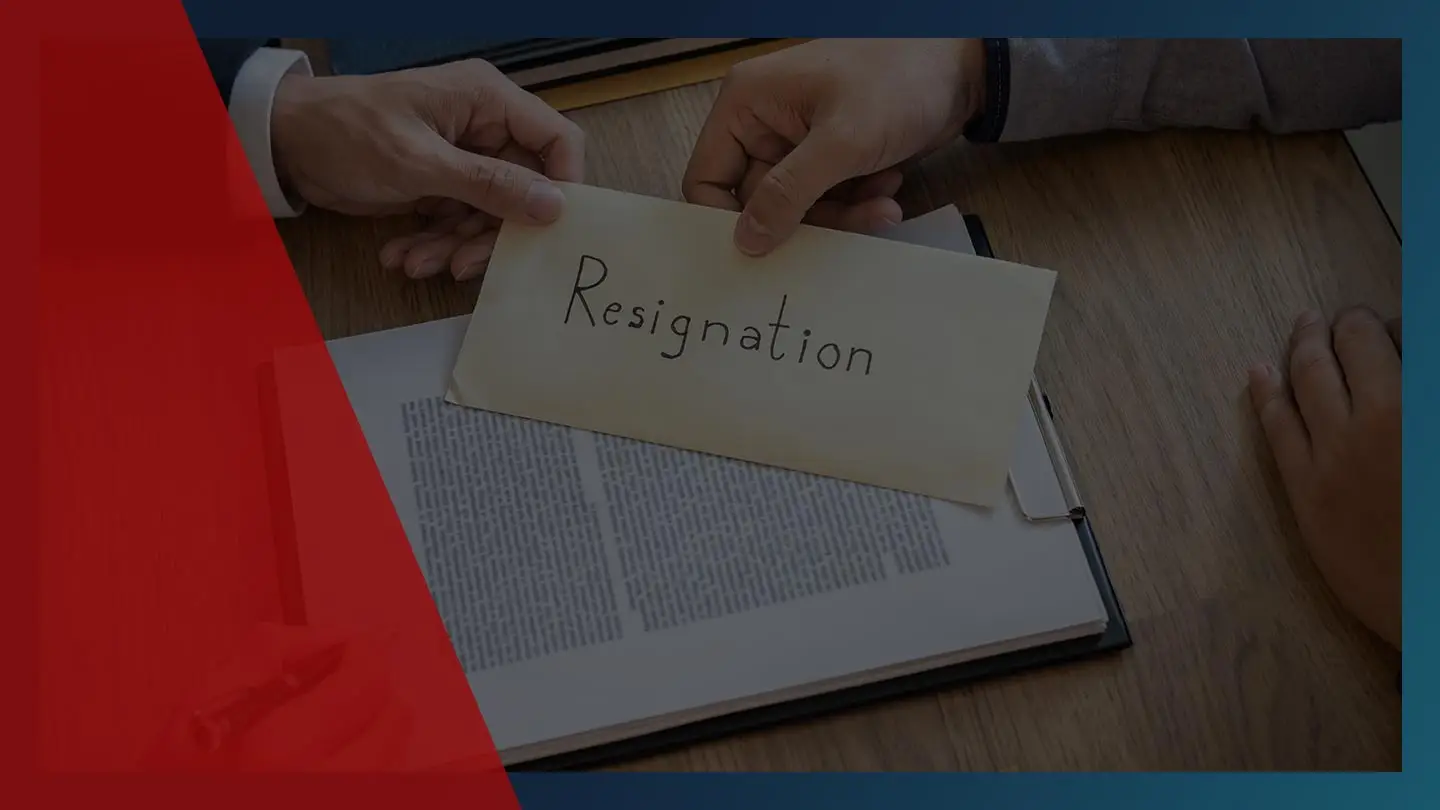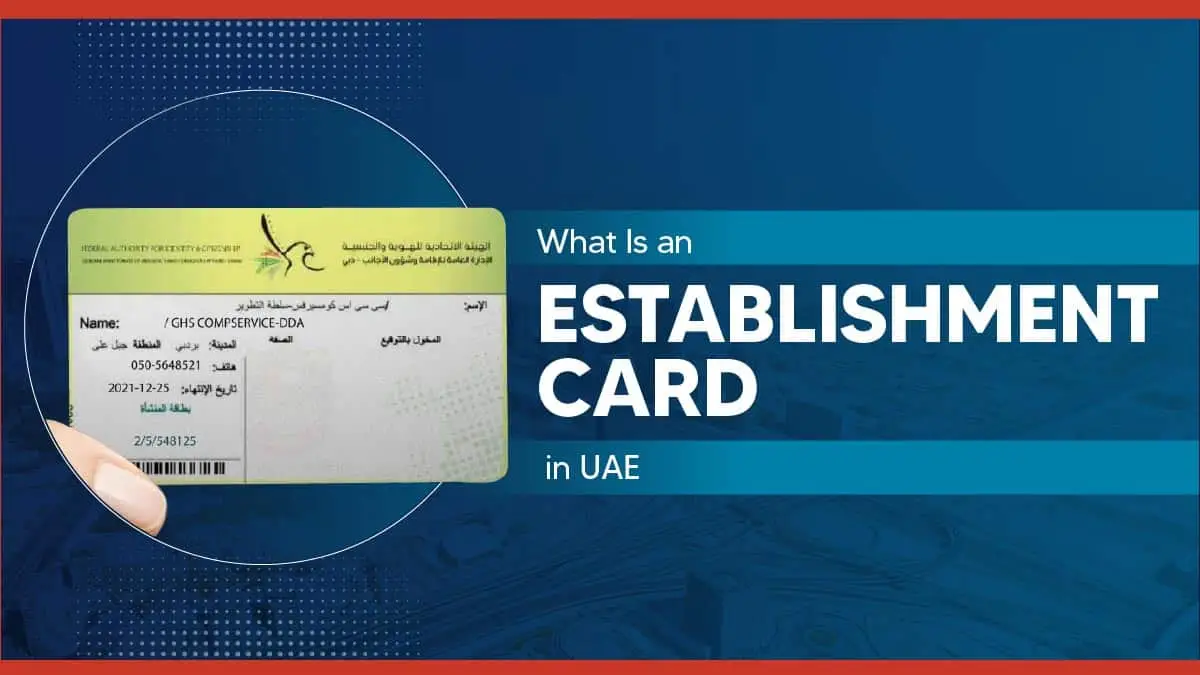The UAE’s Economy suffered a huge financial crisis in 2008. Ever since, the UAE bankruptcy law, also known as the UAE Insolvency Law, has been a subject of concentration in the juridical departments as well as among investors.
Insolvencies and bankruptcy of companies in the UAE have been a time-consuming process where the recovery level is extremely low. Moreover, to retain UAE as the commercial hub and an investor’s paradise as it is known to be – in 2017 the much-awaited bankruptcy rules were changed and the new UAE insolvency law was brought into existence.
Why does the old UAE Bankruptcy Law have to change?
The Federal Law No. 18 of 1993 or the old UAE business law regarding insolvency was not an all-inclusive plan that catered to businessmen and investors effectively. The bankruptcy rules aligned within the old UAE Bankruptcy Law mainly set its framework across three different laws – those are the Commercial Companies Law, the Commercial Transactions Law and the Civil Code. Irrespective, companies faced harsh consequences in case of bankruptcy and owners of businesses would face criminal sanctions and strict sentences – thus change was essential.
So, what is new UAE Bankruptcy Law?
The Federal Law No. 9 of 2016 or the Bankruptcy Law is a disseminated decree given by His Highness Sheikh Khalifa bin Zayed Al Nahyan. This new business law originated on up-to-date legislative systems and economic principles, considering global developments and alterations among economic and business sectors. The insolvency law is implemented on private enterprises as well as government owned companies.
The new UAE Bankruptcy Law has put forth some key changes such as:
- New UAE Bankruptcy Law discards the current Commercial Code insolvency regime.
- The new bankruptcy rules provide a wider application and are not limited to commercial traders.
- New federal law implements a Financial Restructuring Committee that directs business in insolvent situations.
- New UAE Bankruptcy Law creates a balance sheet and strives to inventively find alternative tests of insolvency.
- There has been an omission of criminal offense under bankruptcy as well as even bounced cheques.
- New Insolvency Law has set AED 100,000 minimum verge for creditor under insolvency proceedings.
HERE ARE THE SEVEN IMPACTS OF THE NEW UAE BANKRUPTCY LAW:
- The new UAE Bankruptcy Law has helped to improve the economy; build business confidence and provide assurance to investors.
- The Law has given fortification to companies facing financial complications and economic difficulties.
- The UAE Insolvency Law has also facilitated liquidation of debtors’ assets in the event of insolvency.
- The new bankruptcy rules under the Federal Law No. 9 of 2016 has permitted the possibility of getting fresh loans under the conditions set by the law.
- The law has increased value among worldwide business communities and has also appealed foreign investments.
- Legislation dealt earlier made businessmen with unpaid debts flee in the country, but this is not the case anymore and businessmen are finding substitute ways.
- Now, Bankruptcy can be sorted outside the court with the help of the Committee of Financial Restructuring – that makes things easier.
What are the Steps for Filing Bankruptcy in the UAE?
The UAE Bankruptcy Law gives several options for the debtor or its creditors to explore, including protective provisions aimed to avoid complete bankruptcy proceedings, such as:
Preventative Composition
Preventative composition is the first stage in the pre-bankruptcy procedure that should be considered. Its purpose is to give a financially distressed (but still solvent) debtor time to negotiate with its creditors while still in the early stages of financial hardship.
This option is only available under the UAE insolvency law if the debtor has not been in default for more than 30 days on any debt owed to creditors.
Restructuring Procedure
In the case of an insolvent debtor, the restructuring process begins with a bankruptcy plea to the judge. Note that this can be filed by the debtor or any of its creditors with obligations of more than AED 100,000 that were due and outstanding for further than thirty days, awaiting written warning.
A bankruptcy administrator (and often additional specialists) may be appointed by the court to examine the viability of reforming the debtor’s firm and if creditors can be presented with a restructuring strategy when drafting a report on the debtor’s corporation.
Formal Bankruptcy
The court, as per the UAE insolvency law, will extend the debtor’s formal bankruptcy if the government annuls the preventative composition or reconstruction process and ends the Defensive Composition Scheme or the Restructuring Plan. The claimant or its creditors will likely apply for total bankruptcy proceedings without consideration to the restructuring phase.
The authorities, under the supervision of the court-appointed bankruptcy trustee, grant the debtor the right to pursue his business before declaring bankruptcy, particularly in instances when it’s preferable to sell the business as a going concern.
What are the Benefits of the UAE Bankruptcy Law?
Listed below are the various advantages of the UAE Bankruptcy Law that you should know:
- At the very least, a reprieve from creditors
- Certain criminal actions are prohibited until the process is completed
- Possibility of erasing debts and possibly avoiding personal liability
- Accountability for failure to file for bankruptcy is avoided
- Possibility of rehabilitating the company if the situation warrants it
Be attentive dealing with the new UAE Bankruptcy Law:
While the impact has been positive it is equally important to be cautious before dealing with the New UAE Insolvency Law.
- The law instructs stringent penalties for violators who misuse the law and declare themselves insolvent deliberately.
- Under the new law if found guilty of misapplication, prison sentence up to five years and a fine of Dh1 million will be charged on the violators.
While the New UAE Insolvency Law generates a robust legal insolvency framework that asserts protection of the investor, more and more businessmen are seeking investments to make sure you are not left behind!
Contact Shuraa Business Setup Consultants and know more in detail about the UAE Insolvency Law or any other Business Law in UAE and ways to keep your company and investments protected.







